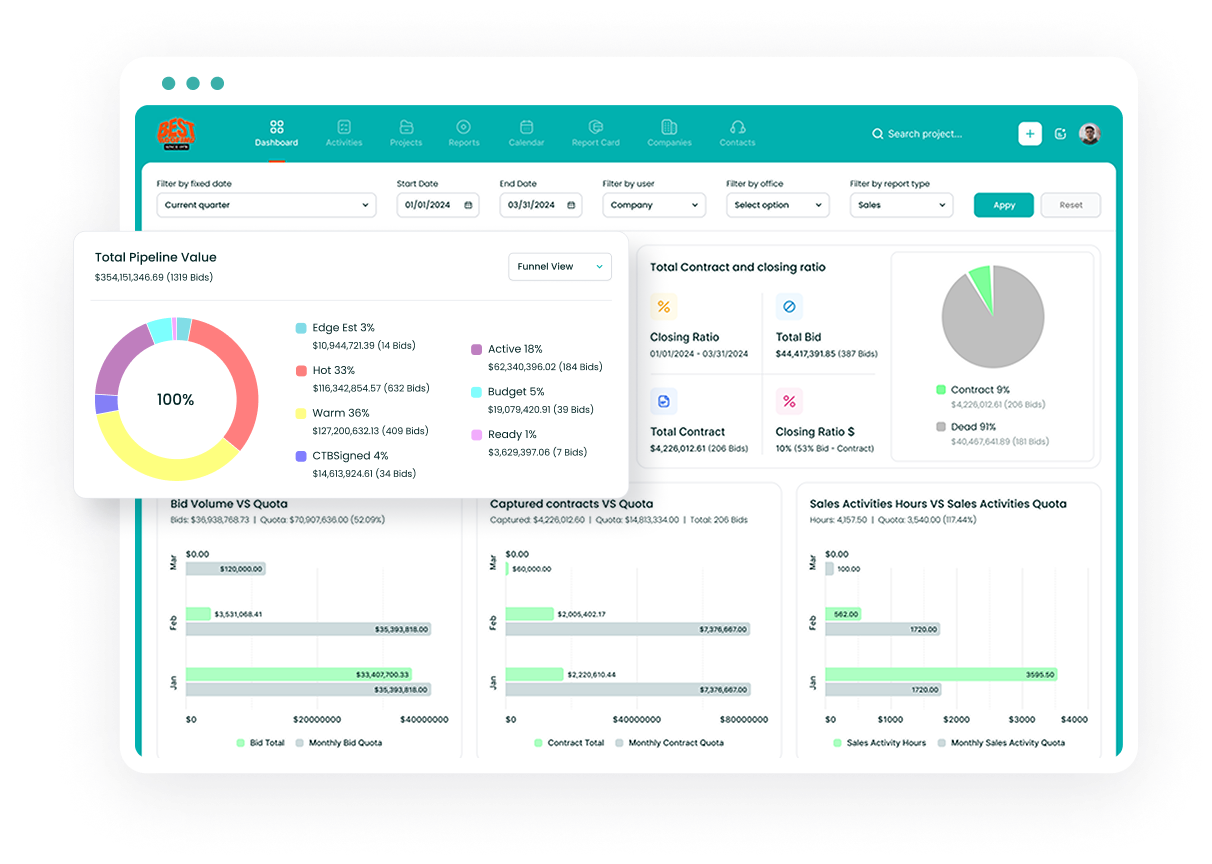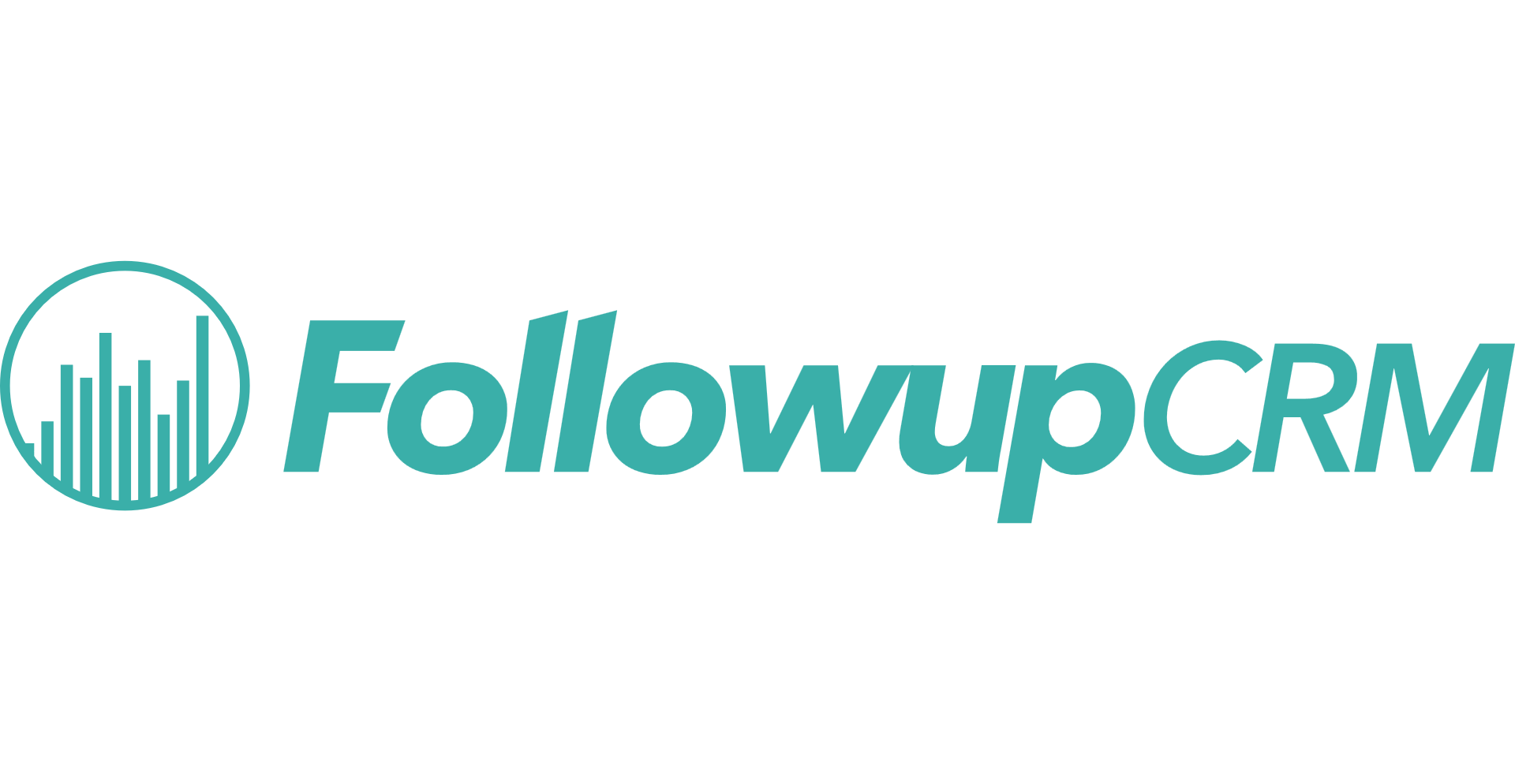Oracle vs Procore
The digital transformation of the construction industry has brought forth sophisticated software solutions that revolutionize project management and team collaboration. Oracle Construction and Engineering and Procore represent two distinguished platforms in this space, each offering unique approaches to construction management.
Understanding Core Project Management Features and Capabilities
Project management forms the central component of both platforms, though their approaches differ significantly in execution and focus. Oracle emphasizes sophisticated scheduling and resource management, incorporating advanced risk management tools and analytics for enterprise-level portfolio management. Their system allows organizations to handle complex, multi-faceted projects while maintaining detailed oversight of resources and timelines.
Procore approaches project management with an emphasis on accessibility and collaboration. Their comprehensive suite includes tools for all project stakeholders, featuring a mobile-first design philosophy that enables seamless on-site usage. The platform particularly excels in connecting field teams with office personnel, ensuring real-time project updates and efficient communication flows.
The distinction between these approaches becomes evident in daily operations:
- Advanced scheduling tools with resource optimization
- Risk assessment and mitigation frameworks
- Portfolio-level project tracking and analysis
- Real-time collaboration capabilities
- Mobile-first design philosophy
- Stakeholder communication tools
Financial Management and Cost Control Solutions
Financial management capabilities in both platforms demonstrate their enterprise-grade nature. Oracle's system incorporates advanced cost tracking and forecasting mechanisms, alongside robust Earned Value Management capabilities. The integration with Oracle's ERP systems provides a seamless financial management experience, enabling detailed reporting and analytics that support data-driven decision-making.
Procore's financial management tools focus on real-time updates and accessibility. The platform excels in budget tracking and forecasting, with particular strength in change order management. Their system integrates with various accounting software solutions, providing flexibility for organizations with existing financial systems.
Document Control and Management Systems
Document management represents a critical function in construction project management. Oracle provides a centralized repository system with sophisticated version control and audit capabilities. Their platform integrates seamlessly with Oracle's content management systems, offering advanced search and retrieval functionalities that help teams locate crucial documents quickly and efficiently.
Procore's document management approach prioritizes accessibility and real-time collaboration. The platform offers cloud-based storage with instant document editing and markup capabilities, particularly useful for field teams requiring immediate access to project documentation. Their automated document routing and approval systems streamline workflows and reduce administrative overhead.
Team Collaboration and Communication Tools
Modern construction projects require robust communication tools to coordinate multiple stakeholders effectively. Oracle's system features an integrated messaging platform with customizable dashboards for different user roles. The automated notification system ensures team members stay informed about project updates and critical developments.
Procore emphasizes real-time project updates and mobile communication. Their platform includes discussion threads tied to specific project elements, comprehensive RFI management, and a mobile app designed for on-the-go communication. This approach particularly benefits field teams who need immediate access to project information and communication channels.
User Experience and Interface Design
The user experience differs significantly between the two platforms. Oracle's interface prioritizes data-driven decision-making and enterprise-level management, offering extensive customization options for specific workflows and processes. While the learning curve may be steeper, the platform provides powerful tools for managing complex projects.
Procore's user interface emphasizes intuitive design and mobile accessibility. Their platform requires minimal training for basic operations, making it particularly appealing to organizations seeking rapid deployment and adoption. The mobile app receives consistent praise for its functionality and ease of use in field conditions.
Implementation Process and Support Services
The implementation process for construction management software significantly impacts its long-term success. Consider these critical aspects of implementation:
- Oracle provides dedicated implementation teams that work closely with organizations to customize the platform according to specific requirements.
- Organizations implementing Oracle should expect a more extended setup period, particularly when integrating with existing systems.
- Procore offers a streamlined implementation process with comprehensive online training resources and certification programs.
- Both platforms provide 24/7 support services, though their approaches differ in delivery and scope.
Integration Capabilities and Third-Party Connections
Integration capabilities play a crucial role in modern construction management software. Oracle demonstrates strong integration within its ecosystem, connecting seamlessly with other Oracle products and services. While third-party integrations are possible, they often require additional customization and development effort.
Procore's integration approach centers on flexibility and accessibility. Their App Marketplace offers numerous pre-built integrations with popular construction industry software, including accounting systems, ERP platforms, and BIM tools. This extensive integration ecosystem allows organizations to maintain existing workflows while adding new capabilities.
Industry-Specific Applications and Use Cases
Both platforms serve distinct segments of the construction industry. Oracle primarily targets large-scale construction projects and engineering-intensive industries, with particular strength in government and public sector projects. Their solutions excel in managing complex portfolio requirements and multi-year projects.
Procore serves a broader range of construction industry stakeholders, from general contractors to specialty contractors and project owners. Their versatility makes them suitable for various project types, from small renovations to large commercial developments. This flexibility allows organizations to scale their usage as their project portfolio grows.
Cost Considerations and ROI Analysis
Understanding the financial implications of each platform requires careful consideration of multiple factors. Oracle's pricing structure remains private, typically based on project scale and complexity. Their model considers user numbers, project volume, required features, and implementation needs. Organizations should prepare for both initial implementation costs and ongoing maintenance expenses.
Procore's pricing model offers more transparency, basing costs on annual construction volume. Their inclusive approach provides unlimited users and data storage, with no hidden fees. While exact pricing remains private, organizations can more easily predict their software expenses with Procore's straightforward pricing structure.
Performance Analytics and Reporting Capabilities
Performance analytics represents a vital aspect of modern construction management platforms. Oracle's analytics suite provides comprehensive reporting tools that process vast amounts of project data into actionable insights. Their system enables customizable dashboards that display real-time metrics, allowing project managers to monitor progress and identify potential issues before they escalate.
The reporting capabilities extend beyond basic project metrics to include predictive analytics and trend analysis. These advanced features help organizations make data-driven decisions about resource allocation, risk management, and project timelines. The system automatically generates detailed reports that can be customized to meet specific stakeholder requirements.
Mobile Accessibility and Field Operations Management
Mobile functionality has become increasingly crucial in construction management. Oracle's mobile platform provides access to essential project information and management tools, though the interface prioritizes functionality over simplicity. The system enables field teams to update project status, access documents, and communicate with office staff directly from construction sites.
Field operations management requires robust tools that function reliably in various conditions. The mobile applications support offline functionality, ensuring teams can continue working even without constant internet connectivity. This capability proves particularly valuable for projects in remote locations or areas with limited network coverage.
Quality Control and Safety Management Features
Quality control and safety management represent critical components in modern construction projects, where maintaining high standards and ensuring workplace safety are paramount concerns. Both Oracle and Procore integrate sophisticated quality control mechanisms into their platforms, enabling organizations to maintain rigorous oversight of construction processes while adhering to industry regulations and safety protocols.
- Both platforms offer comprehensive inspection and testing protocols that ensure compliance with industry standards.
- Safety management tools include incident reporting, hazard identification, and compliance tracking mechanisms.
- Documentation systems maintain detailed records of all quality-related activities and safety incidents.
- Automated notification systems alert relevant stakeholders about quality issues or safety concerns.
- Reporting tools generate detailed analytics about quality metrics and safety performance.
These quality control and safety features work together to create a comprehensive system that supports proactive risk management and maintains high construction standards. The integration of these tools with other platform features ensures that quality and safety considerations remain central to project execution, while automated workflows reduce administrative burden and improve response times to potential issues.
Enterprise Resource Planning Integration
Enterprise resource planning integration capabilities vary significantly between platforms. Oracle provides native integration with its ERP suite, enabling seamless data flow between project management and business operations. This integration extends to financial management, procurement, and human resources functions.
The ability to synchronize data across multiple systems reduces manual data entry and potential errors. Organizations can maintain consistent records across all departments while ensuring real-time updates to project information and resource allocation.
How to Choose the Right Construction Management Software for Your Organization
Selecting appropriate construction management software requires careful consideration of organizational needs and capabilities. The ideal platform should align with current operational requirements while providing room for growth and adaptation to future needs. Both Oracle and Procore offer distinct advantages that cater to different segments of the construction industry.
Success with either platform depends on proper implementation and team adoption. Organizations should evaluate their technical resources, training requirements, and integration needs before making a final decision. Regular assessment of software utilization and performance metrics helps ensure maximum value from the chosen platform.
The construction industry continues to evolve with technological advancements, and software solutions must adapt accordingly. Organizations should consider not only current functionality but also the potential for future expansion and technological innovation when selecting a construction management platform. Regular updates and feature enhancements ensure that either solution can grow alongside organizational needs.
Sources: [1] https://www.procore.com/pricing [2] https://support.procore.com/customer-success/implementation-roadmap [3] https://www.oracle.com/a/ocom/docs/corporate/pricing/technology-price-list-070617.pdf [4] https://www.jibble.io/construction-software-reviews/procore [5] https://www.suretysystems.com/insights/oracle-customer-service-resources-for-better-user-experiences/ [6] https://www.oracle.com/ph/construction-engineering/construction-management-software/ [7] https://redresscompliance.com/oracle-technology-price-list-how-to-calculate-pricing/ [8] https://www.procore.com/en-au/article/construction-project-management-software-how-to-choose-which-is-best-for-you
The CRM Built For Construction Companies
No more disorganized data. Track your leads, bids, and customers all in one place.
Seamless Integration with:
✅ Foundation ✅ Viewpoint ✅ Sage and more

Request a Live Demo Now
Learn more about how Followup CRM can help your construction company grow.







